#SEMNIFICATIE
Explore tagged Tumblr posts
Text
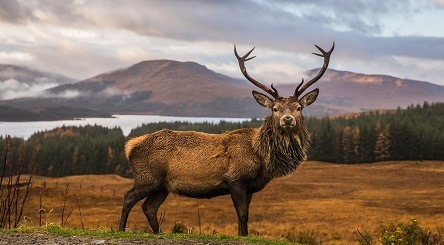
Cerbul: Simbol și semnificație
Un animal proeminent în culturile europene, cerbul a fost frecvent cuplat cu taurul pentru a forma o dualitate mitică și cosmologică, asemeni sălbaticilor cai și tauri din picturile din peșteri din epoca de gheață. https://www.diane.ro/2023/10/cerbul-simbol-si-semnificatie.html
3 notes
·
View notes
Note
Ce inseamna orgoliul pentru tine? Are vre-o semnificatie aparte pentru tine?
* Asking respectfully
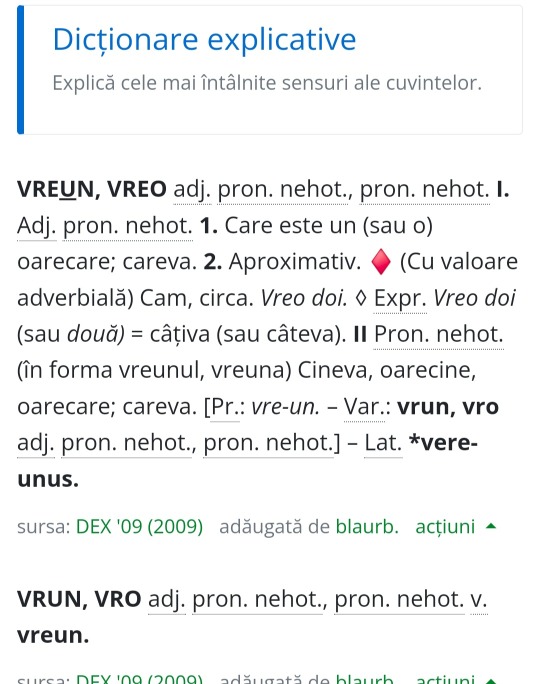
*respectfully explaining* ⬆️
2 notes
·
View notes
Text
Votat!
Pentru o lume mai buna, proeuropeana fara dictatori, comujisti psihopati, egocentristi innebuniti de suculenta imbatatoare a puterii sau nelinistita de sarabanda unor haiduci ratati incarcati de pene lipsite de semnificatie!
0 notes
Text
Crucea si coincidenta a contrariilor
Am primit de la fiul meu o cruciulita de pus la mana de la manastirea Pasarea. Mi-am amintit de un moment trecut, candva in troleu, cand am vazut o fata care isi face semnul crucii cu o atitudine in care simteai ca uneste Cerul cu Pamantul.Crucea este un semn, asa cum se si spune semnul crucii dar semnul are si o semnificatie, in spatele lui este o realitate sau chiar Realitatea. Crucea semnifica…
0 notes
Text
Traditii de Buna Vestire
Traditii de Buna Vestire Bunavestire (25 martie) avea in unele zone si o alta semnificatie pe langa cea religioasa. Acum canta pentru prima data cucul, vestitorul unor lucruri importante in viata omului. Cand o persoana il auzea pentru prima oara cantand, trebuia sa numere de cate ori canta pentru a sti cati ani mai are de trait. De Buna Vestire este bine sa se puna pe pragul casei paine si…
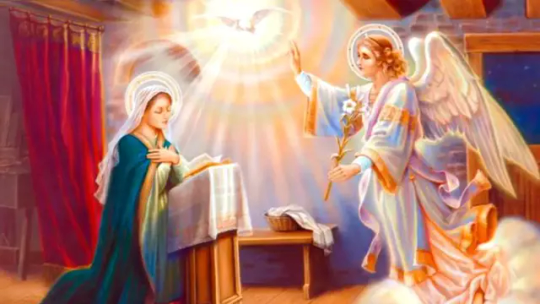
View On WordPress
0 notes
Text
Bijuterii cu semnificatie | Colectia SIMBOLURI by Accent Bijuterii
https://www.comaccent.ro/catalog/simboluri-404
0 notes
Text
Numele sunt mai mult decât simple etiche... #Romania https://romanasul.ro/cele-mai-frumoase-prenume-romanesti-semnificatie-popularitate-si-diversitate-regionala/?feed_id=137&_unique_id=6551a3b5a4b37
#Cultura#cultură_românească#diversitate_regională#familie_românească#istorie#mozaic_cultural#nume_de_botez#popularitatea_numelor#Prenume_românești#semnificația_prenumelor#tradiții
0 notes
Text
Hi, define "always"!
(Hi, I'm Sarshi, you might know me from my hits, "define x", "it depends", "it's complicated" and "let's do some research".)
Halloween is an imported holiday, so in order to thoroughly answer "What did people think of Halloween in Romania, historically speaking?", we'd have to hit the archives and see when the holiday was first mentioned, in what context, how it was mentioned, and how it was received.
I bet people were at least vaguely aware of it during communist times, as it would probably have been mentioned in movies smuggled in. But even if I could find a few people who watched foreign movies during those times, it's hard to interview them about their impression on Halloween back then, because it probably didn't have a huge impact for most of them, and memory's fickle; their image of the holiday will probably be influenced by everything they've heard about it since, and untangling their past opinion from their current one will be hard.
This is a fascinating topic that I'm sure somebody could do an M.A. or Ph.D. on, but that person isn't me. (But if anyone does it, drop me a note, I want to read it! Oh, oh, and don't forget the Romanian migrants who went to the US before WWII! They probably tie in somehow. And the evolution of Halloween worldwide!)
(Also, it occurs to me that, under a totalitarian regime which forbade Santa Claus and looked down on Easter celebrations, Halloween wouldn't have been a concern, as strong government censorship and ultra-conservative ideas probably coincided on this point, as well as points about, say, practicing oriental religions.)
More realistically, let's focus on post-communist Romania.
The 1990s in Romania are a pretty dark period, data-wise. It's super-hard to find anything online from that decade, including from large Romanian newspapers. My personal memory is also unreliable, because I was a kid during that decade and I wasn't exactly paying attention to newspapers and general discourse. I don't remember Halloween being mentioned in my school. Which isn't to say it wasn't, but that if it was, it was only mentioned in passing.
I've checked the archives of "Formula As", as its profile as a spiritual/conspiracy/medical advice magazine would make it more likely to pick up on anti-Halloween discourse, but their online archives only go back to 1998, and it doesn't seem very alarmist in tone. Even more recent issues don't seem particularly anti-Halloween (at least, not from an "it's bad and makes you do evil" POV).
But one of the early Halloween-mentioning articles in 2002 casually mentions a soft anti-Halloween stance not because it's satanic, but because it's foreign:
Nu inteleg insa de ce sa spunem zilei indragostitilor Valentine"s Day si nu Dragaicele sau Sanzienele, pe care, cu aceeasi semnificatie, o sarbatoreau bunicii si bunicii bunicilor nostri; de ce incercam sa imitam travestiurile de Halloween si uitam misterioasele rituri din noaptea Sfantului Andrei? Ca sa nu mai vorbesc de violentul prost gust cu iz masochist al asimilarii in turismul nostru a best-seller-ului Dracula… Toate aceste practici recente si semidocte imi dau o acuta senzatie de umilinta si-mi amintesc de felul in care salbaticii isi schimbau, pe vremea conchistadorilor, diamantele pe bucatele de sticla colorata.
Translation:
But I don't understand why we call our Lovers' Day Valentine's Day and not Drăgaicele or Sânzienele, which used to be celebrated, in the same spirit, by our grandparents and our grandparents' grandparents; why do we try to imitate Halloween masquerades and forget about the mysterious rites on St. Andrew's Night? And let's not even mention the violently bad taste, with a masochistic tinge, of assimilating the Dracula best-seller into our tourism... All these recent and half-learnèd practices make me feel profoundly humiliated and remind me of the way in which savages, during the time of the conquistadors, used to exchange their diamonds for shards of colored glass.
Ignoring the casual racism typical for people who had very little contact with the outside world except for reading adventure books written by novelists from colonizing countries, we can see there's an anti-globalization stance here. Romania was changing quickly, and the conservatives were concerned about losing our traditions in the favor of foreign and "shiny" ones.
This coincides with my memories of the time, when they tried so hard to make the 24th of February important (as Dragobete), to upstage the 14th, Valentine's Day. There were arguments about which should be celebrated, although I could swear we hadn't had either until Valentine's showed up.
So I think that might have been the predominant conservative discourse at the time.
This is also confirmed by a Softpedia forum thread started in 2006, where the two camps were "it's cool" and "fuck importing holidays". The "satanic" addition dates from as late as 2015.
(Fun fact! We've lost A FUCKTON of local culture because of communism. Our traditions and scholarship were gutted by decades of propaganda and communist pandering. The conservatives' concerns about losing important parts of who we are were legit, but they couldn't tell that the loss had already happened, as it would have been forbidden to discuss it in those terms just years prior. RIP.)
Still, there was anti-Halloween discourse in the 2000s. Some of it "satanic".
Some of it you can sort of find online, but Google is an asshole. Searching by date is shit, and sites don't show up unless you're really lucky. My feeling is that the "satanic" thing was very fringe back in the day, but finding evidence either way doesn't work well.
This is why I ended up on the Softpedia forum. It's one of the few websites that I know existed in the 00's, and being a forum, you can see people discussing topics in with time stamps and everything.
Searching for Halloween on their forum, I found a thread about MISA (local yoga cult) where someone quoted an article in which Halloween was called "satanic" as early as 2005 - but the title was going harder on the xenophobia than on satanism: "Romania and the Import of Non-Values". It has the usual markers of imported satanic panic: references to the US and CNN, "think of the children", references to drugs... But it also contained local flavor.
It mentions a few local Halloween events, such as Halloween parties, some potential school events (no names mentioned, so who knows if they actually happened), a theater play, and a 2002 Carnival of Horrors with an award for the kid with the scariest costume.
The article also mentioned the cult would organize an Angel's Week to counter satanic influences.
I tried googling it and found an Angel's Week in 2013, where the main driver seemed to be the Orthodox Church. However, the marketing of the event was the same as the cultish yogi one, with the same reasoning of countering bad influences and invoking angels. The Christians usually abhor yogis (and other "witches"), so this is... weird. Anyway.
I also checked Saccsiv, one of the ultra-extra christian god-honoring dudes on the devil's great internet. He's had a blog since December 2008, but his first "satanic Halloween" post only dates from 2013.
I also found a 2012 recording of a talk show with a priest about the "satanic Halloween". In 2014, the Patriarchy firmly positioned itself against Halloween and called it pagan and harmful, but not satanic.
I'm going to wager that the satanic Halloween panic hit the Orthodox mainstream in the 2010's, then, since I can't find anything earlier that specifically links the Romanian Orthodox Church to Halloween. However, I might be wrong. Maybe Google just sucks. Maybe the anti-Halloween sentiment was there all along and it just wasn't put into writing.
Or maybe it was a grassroots movement. A priest once explained to me that the Church is more anarchic than you'd expect; so it's not out of the question that some priests were very anti-Halloween even before the higher-ups considered giving a damn about it.
The Halloween - "hell will win" idiocy might be more recent.
You might have heard the idiotic statement that "Halloween" is a contraction of "hell will win", which any native English speaker can tell you isn't the case. This seems to be a Romanian twist on the satanism front, probably originating from people learning English from watching films and listening to music and "connecting the dots" (they didn't connect shit); with a very limited vocabulary, "hallow" isn't a word they're likely to know, and they're likely to pronounce "ween" as "win".
The earliest mention of this fake etymology seems to be in 2017: https://stefanstancu.wordpress.com/2017/10/30/in-seara-asta-vom-muri-sau-hell-a-win/. The video it links to is similarly posted in 2017, but I absolutely didn't watch an hour of crap to see the context.
Conclusion: All Hallow's Hatred
I think Halloween has three major axes on which it gets hate:
foreignness; it's not our holidays, those mf's are imposing their shit on us! (see: Valentine's Day)
monster costumes; without any background, people who are easily appalled at "ugly" or "evil" things will come out of the woodwork to protest; (I've also heard complaints about the violence of Tom and Jerry; also, some parents are appalled when kids play at being "dead" or "shooting" each other)
imported conspiracy! the US does better marketing for its ideas than any other country I've seen (and it's so easy to translate an idea; much easier than coming up with your own)
Sculpting pumpkins and having a scary holiday are appealing, so Halloween had more traction than something like Thanksgiving (a turkey? who cares?), so my theory is that a lot more people came into contact with it, and those who were vaguely bothered by it looked for reasons to complain. I believe that led to a discourse snowball from "why are we adopting this shit anyway?" to "it's objectively evil" in the span of a couple of decades, at most.
And as for the Orthodox Church being shitty and trying to indoctrinate, well, that's always been true. (for a given value of "always".)
maybe i just didn't pay that much attention to it before, but the amount of super-ultra-extra christian god-honoring and most of all, god-fearing romanians truly, genuinely believe that Halloween is a holiday for worshipping the devil is fucking astounding. was this always this way or is this just a new fad brought on by the extreme right or whoever else associated with it?? And they teach this shit to kids as well so when you want to make a lesson abt it cause it's such a huge thing in the english speaking parts of the world they get all offended and try to lecture me about how it's a satanic holiday or whatever
66 notes
·
View notes
Text

Urmele tălpilor / pașilor: Simbol și semnificație
Chiar din vremuri preistorice, urmele picioarelor sau ale tălpilor au fost un important simbol, găsite în imagini ori în piatră în sculpturi timpurii reprezentând prezența oamenilor și, în special, a ființelor supranaturale. https://www.diane.ro/2023/10/urmele-talpilor-pasilor-simbol-si.html
2 notes
·
View notes
Text
Evenimente istorice - 12 noiembrie
Evenimente istorice – 12 noiembrie
1961 S-a nascut Nadia Comăneci, printesa de la Montreal, gimnasta românca, o legenda a sportului international, care a intrat in istorie ca prima gimnasta care a luat nota 10.
Foto: wikipedia.org
1857 – S-au introdus în Moldova timbrele poștale, imprimate cu un cap de bour, vechea stemă a Moldovei, astăzi unele dintre cele mai valoroase mărci poștale din lume.
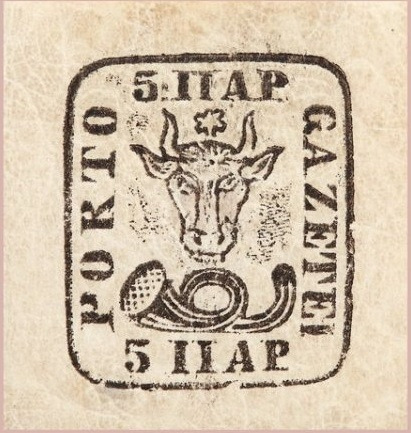
Foto : Artmark.ro -Timbru Cap de…
View On WordPress
#electrica#evenimente#iliminare#nadia comaneci#o noapte furtunoasa#printesa de la montreal#semnificatia zilei#semnificatie istorica#timisoara#vasile goldis
0 notes
Text
Ziua Regelui sau Ziua Independentei Romaniei
Ziua Regelui sau Ziua Independentei Romaniei
Astazi este o zi cu tripla semnificatie istorica. In 1866, la 10 mai, Principele Carol ajunge la București si este încoronat ca domnitor al României, 11 ani mai tarziu, la 10 mai 1877, este proclamata Independență României față de Imperiul Otoman, iar la 10 mai 1881 a avut loc ceremonia de încoronare a regelui Carol I. Pana la venirea comunistilor, 10 mai era cunoscuta oficial ca Ziua Regelui sau…

View On WordPress
2 notes
·
View notes
Note
nu vreau sa trimit hate sau sa par foarte agresiva, daca pare asa imi cer scuze si invat pt viitor. noul scandal nu e ok, nu e ok cum i s-a adresat arbitrului roman. dar sunt de acord si cu una din persoana care a comentat pe postare si cred ca trebuie adresata problema: multi romani nu vor sa fie asociati cu romi. nu este ca le pasa cu adevarat de rasismul cu care trebuie sa se lupte romii. degeaba zicem "nu ne spuneti asa!" daca si noi continuam sa le spunem romilor asa. nu ne asculta nimeni
eu nu vreau sa fiu asociata cu nimeni in general
cand am fost in suceava, ma holbam pe exponatele din muzeul de istorie al bucovinei, printre care si multe documente istorice si unul chiar cred ca ar explica la perfectie tensiunile astea dintre noi ca si grupuri etnice si e pacat ca nu e mentionat mai des
referitor la cuvant... am mai purtat discutia asta cu cineva: una este ca cineva sa isi asume un cuvant si sa incurajeze folosirea acestuia (gen cele 3 afaceri “la tiganca” din orasul meu si cele trei proprietare care se refera la ele asa), sa nu mai spun de cei carora efectiv nu le pasa sau nu stiu semnificatie in totalitate sau chiar oamenii care au cuvantul asta drept nume de familie, si alta sa fie aruncat cuvantul cu scopul de a insulta si cu toata mizeria socio-culturala/istorica/whatever cu care vine
acum daca e sa racolim rahatul si ne victimizam pe rand, de ce nu scoatem in evidenta ca jurnalistul este turc si ca vine dintr-o tara care candva ne-a ftt tot poporul si ca in timp ce poate habar n-are cine sunt rromii ca si grup etnic sau ce viata duc, poate stie la ce se refera cand arunca cu un cuvant referitor la eretici/sclavi
si cu asta am terminat
some of us have work to do
13 notes
·
View notes
Text
nvm
vreau aduc la suprafata legatura dintre amy winehouse si personajul Sima, care a fost ideea și de ce am ales sa il asociez cu indragita cantareaza britanica de jazz.
1. so, nu e greu de spus, totul a venit de la intentia de a oferi ceva nou si original, cu semnificatie si mai ales dand valoare, iar amy winehouse a fost, probabil, cea mai "influentabila", potrivita cu Sima. Caracterul cantaretei a reusit sa il contureze pe personaj aproape 80%, restul au fost alte inspiratii.
2. de ce am ales-o pe ea si nu pe altcineva? a fost chimie. inca din primele revizuiri ale personajului, amy parea sa fie bucata lipsa din Sima; ce a iesit, e exact ce vedeti:

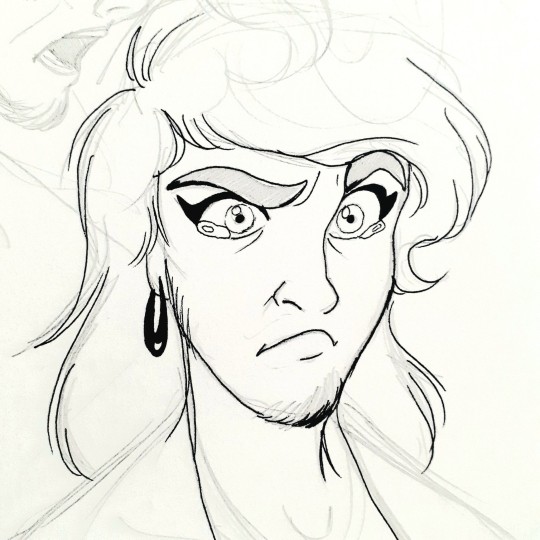
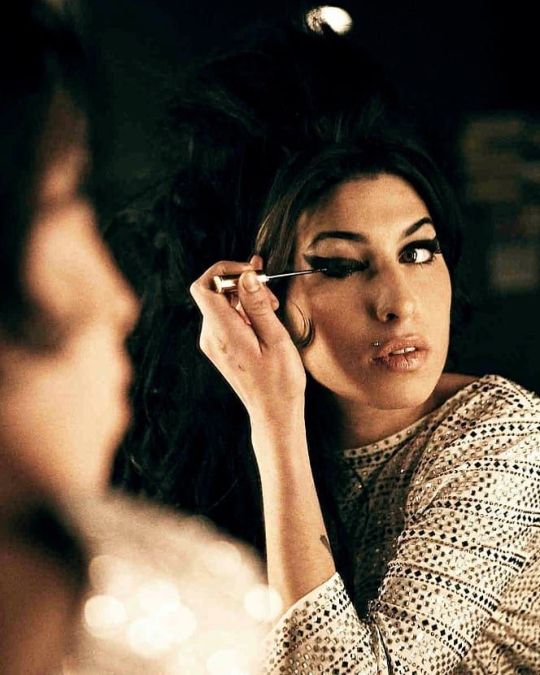
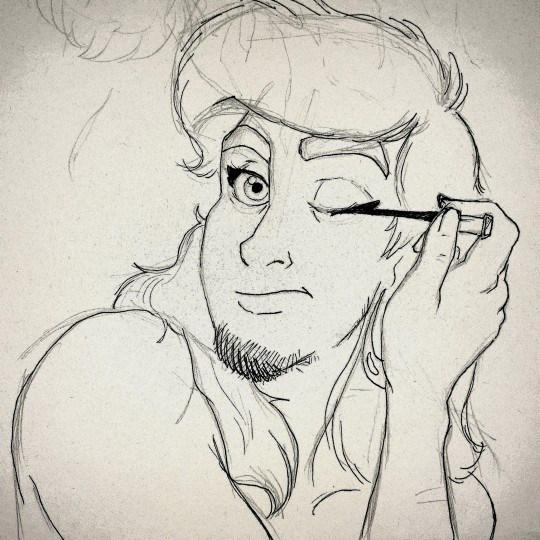
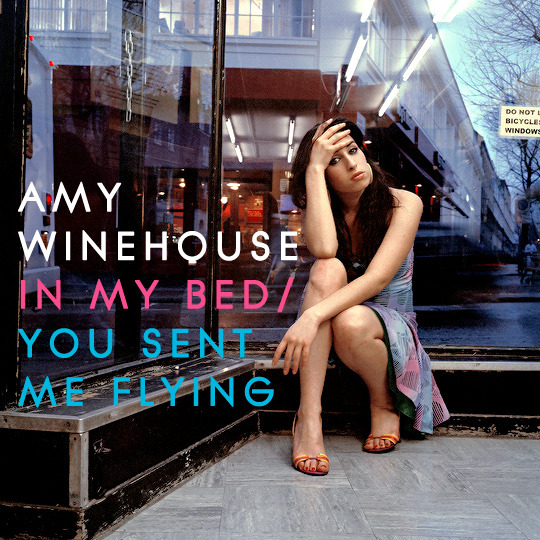
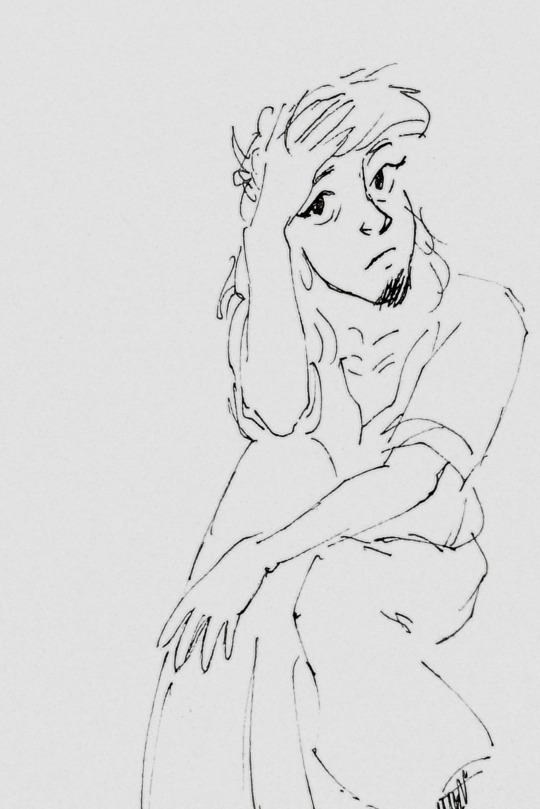
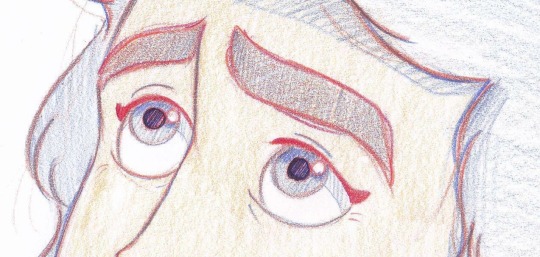

si bineinteles, cerceii din piatra neagra pe care ii are sima, au fost inspirati doar forma de la una din perechile pe care amy le purta des:
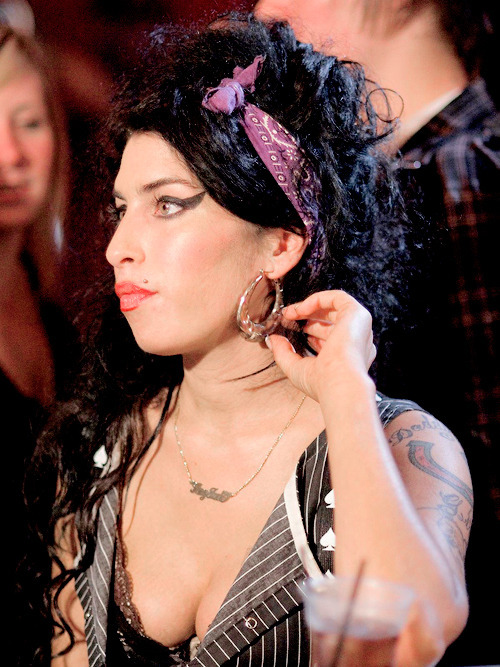
- @thesima
#romanian#romania#sima#illustration#despre sima#traditional sketch#amy jade winehouse#amy winehouse#amy#winehouse#photos#inspiration#art#love you amy
2 notes
·
View notes
Text
Bijuterii cu semnificatie | Colectia SIMBOLURI by Accent Bijuterii
https://www.comaccent.ro/catalog/simboluri-404
0 notes
Photo
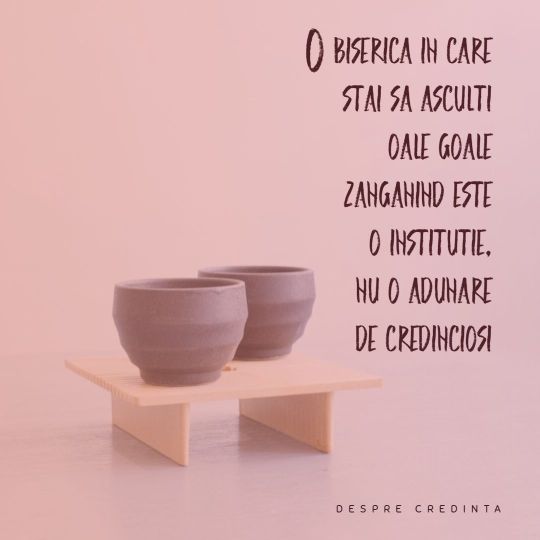
Elementul fundamental intr-o intalnire de biserica nu este- elocinta de la amvon,- respectarea programului,- derularea procesului ritualic,- gesturile si expresiile cu semnificatie religioasa,ci...
Citeste aici.
2 notes
·
View notes
Text
Numele sunt mai mult decât simple etiche... #Romania https://romanasul.ro/cele-mai-frumoase-prenume-romanesti-semnificatie-popularitate-si-diversitate-regionala/?feed_id=137&_unique_id=6551a3b5b2892
#Cultura#cultură_românească#diversitate_regională#familie_românească#istorie#mozaic_cultural#nume_de_botez#popularitatea_numelor#Prenume_românești#semnificația_prenumelor#tradiții
0 notes